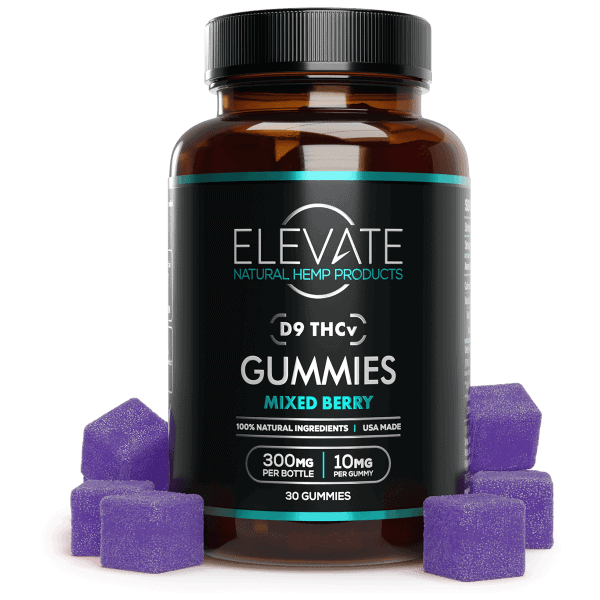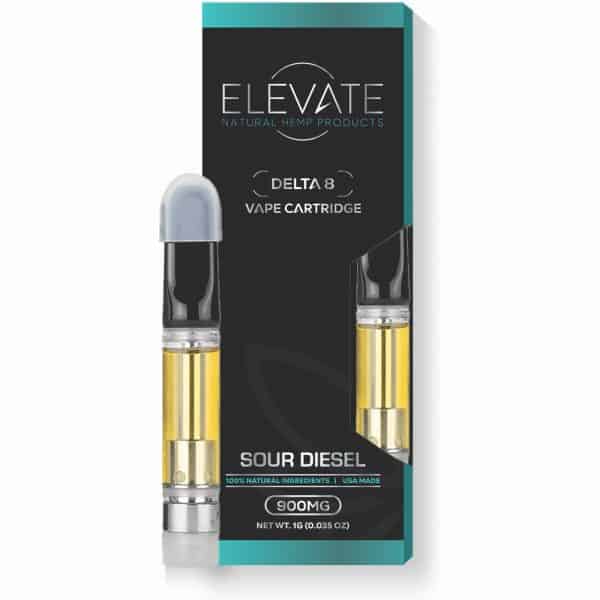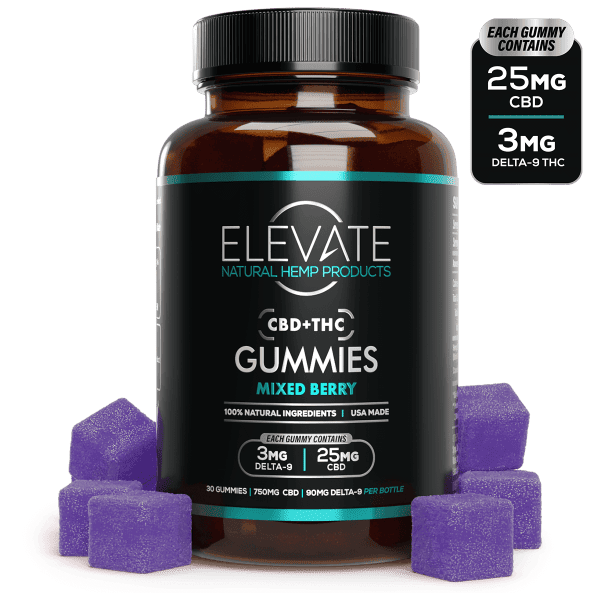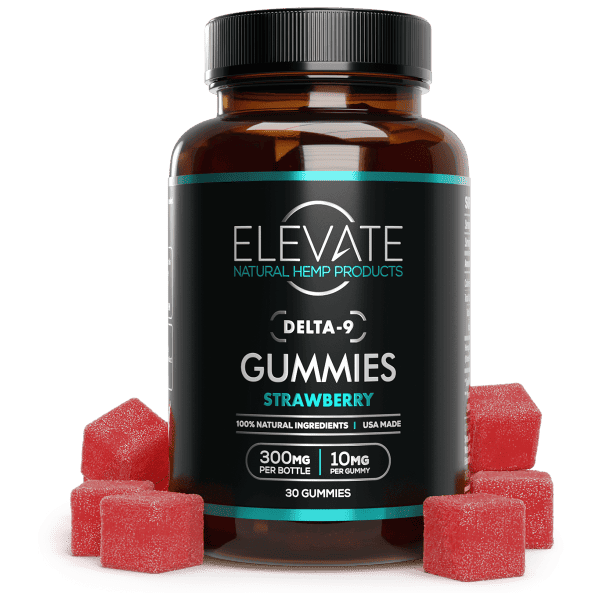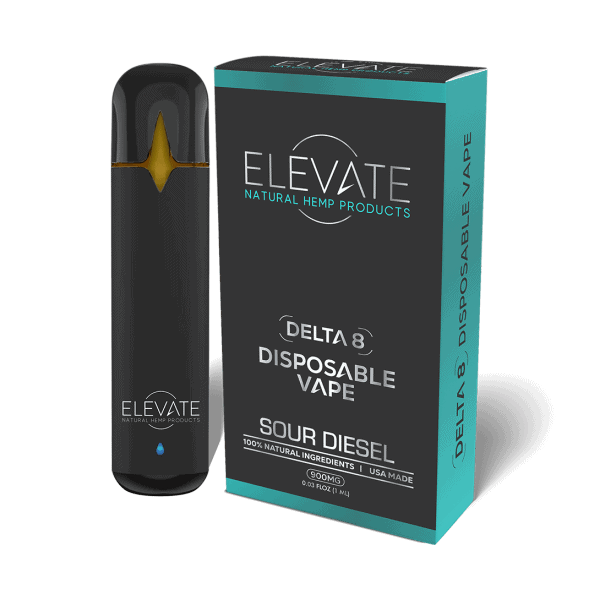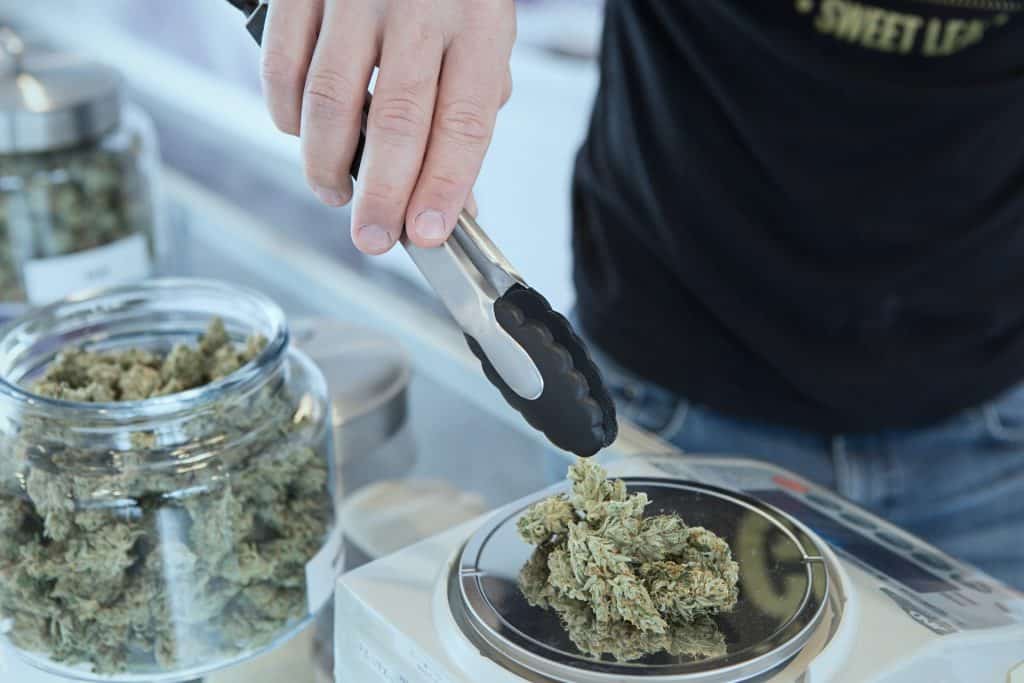
Delta-8 vs Delta-9: What’s the Difference?
In this world of tension, high speed, and increasing problems, quite a few of us look towards alternate methods of relieving stress, pain, and anxiety. Then there are also those among us who have not found over-the-counter medicine and prescriptions to work effectively. In such circumstances, alternative medicines, particularly those derived from cannabis plants, have numerous benefits for the human body.
Two such cannabinoids are called Cannabidiol (CBD) and tetrahydrocannabinol (THC). Even within them, there are different types of THCs. Many people are confused when choosing Delta-8 vs Delta-9. This user, be they experienced or beginners, may not know the differences between the THCs to decide the best choice for them. Additionally, both cannabinoids are treated differently by the law, making it even more important to differentiate between them before purchasing a product.
This article will elaborate on the chemical structures and some key similarities and differences between the two marijuana plants and shed light on other questions you might have.
Let’s read on and find out!

What is Delta-8 THC?
Delta-8 THC, also known as Delta-8-Tetrahydrocannabinol, can be found in small cannabis plants as a minor cannabinoid. Compared to delta-9, as you shall later see, Delta-8 is a milder, less potent cannabis that gives marijuana users a feeling of light-headedness but without brain fog.
Delta-8 THC products have become very popular in the last few decades. Cannabis products may be available in many forms, from vape cartridges to CBD oil and chews. One of the many reasons for Delta-8’s popularity is that it is not nearly psychoactive. This property makes it a good choice for those suffering from chronic pain but seeking milder pain relief.
Since the cannabis plant produces a delta-8 substance in small amounts, some delta-8 that you buy online may be a synthetic cannabinoid; the hemp producers convert CBD or delta-9 THC to make t. Furthermore, Delta-8 works similarly to other hemp-derived products by interacting with the endocannabinoid system. The delta-8 particles will bind to cannabinoid receptors to control emotions and movement in the central nervous system.
Potential Benefits
Delta-8 products have much to offer their customers in the name of benefits. One can expect innumerable health benefits from regular use of Delta-8 THC if we consider the non-synthesized, natural cannabis.
At the forefront of these medical benefits is pain relief. Owing to the dual nature of the delta-8 compound, you would be able to reduce pain and subsequent inflammation. Different potencies of delta-8 cannabis would help treat chronic pain ailments such as multiple sclerosis and migraines.
Some people have also commented on its digestive benefits. They were able to overcome their eating disorders or general low appetite. Similarly, delta-8 would help relieve stress and in overall anxiety reduction. If you use delta-8 properly, you will likely achieve general peace of mind.
Potential Risks
However, the above benefits do not imply that you should not expect any adverse effects after consuming delta-8 THC. Since there has been limited research on these cannabis by-products, many believe delta-8 does more harm than good. A paper written in 2022 expressed similar ideas about the risks involved with delta-8.
Some side effects include dry mouth, red eyes, slowed reaction, memory impairment, impaired motor skills, rapid heart rate, increased anxiety, and even trouble with coordination.
People who consume delta-8 THC as edibles may face more severe side effects. This product can also disrupt other drugs you might be consuming, like blood thinners and antidepressants.
What is Delta-9 THC?
Compared to other cannabinoids such as Delta-8 or Delta-10, Delta-9 is the one people refer to when talking about cannabis or THC products. This strong medicinal drug is found abundantly in cannabis plants and is known for its potency.
Its ability to cause a high makes the delta-9 THC an intoxicating compound. In quite a few states, delta-9 is legal and completely lawful to buy. Cannabis dispensaries will sell delta-9 in different products, from CBD oil and tablets to vaping cartridges and tinctures—there is something to please everyone.
Much like delta-8, delta-9 also interacts with the endocannabinoid system to influence your body’s nervous system once you consume THC. Compared to other synthetic cannabinoids and intense drugs, cannabis found in delta-9 THC is pretty tolerable. This effect is because THC is partially against CBD1 and CB2 receptors.
However, delta-9 would also be the cannabinoid that regular users wish to buy when they want to achieve a euphoric high. Since delta-9 THC may be used for medicinal or recreational purposes, you must be mindful of state laws.
Potential Benefits
Delta-THC has many health benefits, which may vary based on the combination of terpenes and the strain you choose. A recent research conducted in 2021 showed that delta-9 THC could treat ailments such as insomnia, anxiety, low appetite, glaucoma, nausea and chronic pain.
Other specific medical conditions that people have most likely treated with delta-9 THC are PTSD (post-traumatic stress disorder), autoimmune disease, Alzheimer’s disease, brain cell growth, and even chemotherapy in certain cases.
Certain studies indicated therapeutic and medical benefits for delta-9 users. Some doctors pointed out that though there is a lack of definitive evidence for the effects of delta-9, patients in specific cannabis programs did show improvements. There is the possibility that delta-9 would be appropriate for medical use shortly. You cannot ignore the health effects of delta-9 for improving science.
Potential Risks
Simultaneously, you must be aware that products like delta-9 strain have various possible side effects, bodily or cognitive effects. Scientists believe that more research needs to be carried out for the drawbacks to be eliminated. Until then, the risk remains.
Common and temporary side effects of delta-9 THC include dry mouth, increase appetite, memory loss, slowed reaction, red eyes, anxiety, and lack of sleep.
If you do not take the right dosage of delta-9 THC, the side effects may be a bit more severe such as poor motor coordination, hallucinations, panic attacks, paranoia, and dizziness. You may experience intoxicating effects when coming down from the ‘high’, so relaxing would be a good idea in this duration.
If you wish to treat a serious medical condition with delta-9 THC products, it would be best to consult a professional first.
Will Delta-8 THC show up on a drug test?
The possibility of delta 8 THC showing up on a drug test is close to the question of delta 8 THC causing a high or being highly potent. It would be good to look at delta eight compared to delta 9 THC.
Does Delta-8 THC cause a high? Yes, but the results are not as significant as those produced by delta-9 THC. The high caused by delta-8 is milder because it metabolizes differently when ingested into the body. Inhaling it gives you the desired effects but ingesting it orally produces higher chances of marijuana users getting tested positive on their drug test.
Furthermore, the metabolites from delta-8 THC consumption will remain in your body for around three months, if not a bit more time. However, the tests only detect delta 8 THC products for up to a few days. It may differ if you are a heavy user, but a good detox will fix the issue.
Delta-8 THC vs Delta-9 THC: Differences and Similarities
Returning to the central question raised in this article, how can one differentiate between delta-8 THC and delta-9 THC? Are there stark similarities and differences between the two? As you shall see, what appear to be very similar compounds are uniquely different.
Similarities
We begin with the key similarity you may have noticed in introducing each element. Both delta-8 THC and delta-9 THC work in the same way. The two compounds interact with the endocannabinoid system and activate the CBD1 and CB2 receptors in the nervous system.
This process then allows for them to share similar benefits. Both types of THC, be it delta-8 or delta-9, would help treat issues such as chronic pain and anxiety, but the magnitude would determine which THC product would be best for you.
In the same way, misusing either product would lead to adverse effects like dizziness, nausea, dry mouth, and even loss of coordination. It might be even more serious if the product has potentially harmful chemicals.
Differences
The central focus, however, remains on the differences since many people cannot differentiate delta-8 and delta-9 when they begin searching in the market.
The only difference many people will consider is that each chemical’s double is situated differently. This means the specific atom where the two other bonds are placed differs. Regarding chemical structure, delta-9 has the ninth carbon atom of double bond while delta-8 element’s eighth carbon atom has a double bond.
Some people have argued that delta-8 and delta-9 have similar chemical structures. However, this subtle chemical difference of double bonds impacts the strength of effects caused upon consumption.
Secondly, the differences in molecular structure and, thus, in psychological effects decide who will choose which delta variant for themselves. Delta-9 is perfect for marijuana consumers who wish to find the perfect high. But delta-8 does not have that strength of psychoactive effects, so it is preferred for medical uses.
More importantly, there is also a difference in the hemp production for either THC element. Delta-8 is a minor cannabinoid which means that only a limited quantity is available in the cannabis plant during the extraction process. This results in not enough raw plant material for the complete production process. Instead, companies were able to come up with an alternative that utilizes CBD isolate or delta-9 THC to create a delta-8 compound in larger quantities.
The potency affects the dosage for each THC. The right dosage may vary from user to user, and it would take some time to get your bearing and the right number. Delta-8 is half the strength of delta-9, so the packages also vary. First-time users are strongly recommended that they start from a low dose before working their way up.
Are Delta-9 THC and Delta-8 THC legal?
If we were to address the question of legality for Delta-8 THC and Delta-9 THC, the answer would be a bit complicated.
While marijuana is not federally legal, delta 8 THC and delta 9 THC are technically legal. The two cannabinoids were made legal by the Farm Bill 2018 (a federal law), which made hemp plants legal to grow, sell, and buy but banned the use of synthetic cannabinoids. Any hemp plant with less than 0.3% THC content was considered legal under the bill. However, the farm bill focused on delta-9, which means this variant is legal.
But delta-8 THC is subject to some loopholes. It could be said they fall into a grey zone in all legal matters. The only reason delta 8 THC is still sold widely is because of the law’s ambiguities that people could detect. Nothing within the bill specifies the prohibition of selling Delta 8 THC products.
Delta-8 THC has ingredients of psychoactive nature that might cause a high, which is why bans have only been placed at a state, not federal, level. There are certain states which have explicitly banned Delta 8 THC. In comparison, delta-9 THC is identified as a controlled substance under the Controlled Substances Act.
Conclusion: Knowing Your THC choice
As we described at the beginning of our article, when things become popular, there is no doubt they are useful, but it can be just as hard to understand what they are. The same could be said of THC products. While they have been used in Southeast Asia for centuries, they have been popularized in the West in the last few decades.
With the steep rise in popularity, a great variety of products and strains have also appeared through online retailers. It would be difficult for a first-time user to differentiate between delta-8 THC and delta-9 THC, which we wish to explain.
Throughout this article, we explained how delta-8 vs delta-9 performed in different domains. The two THCs may come from the same cannabis plant, but it is quite clear that their user bases are quite different.
We hope that by now you have good clarity over their dynamics, and hope that you’re able to make a good decision on your preferred pick. Good luck!
Related Posts
Live Resin Carts vs Normal Carts
Are you curious about the buzz surrounding live resin carts and how they compare to traditional vape cartridges? Live resin carts have surged in popularity …
Does THCa Get You High?
Curious about THCa and its effects? You’re not alone. As cannabis research expands, more light is shed on the lesser-known compounds in the plant. THCa, …






